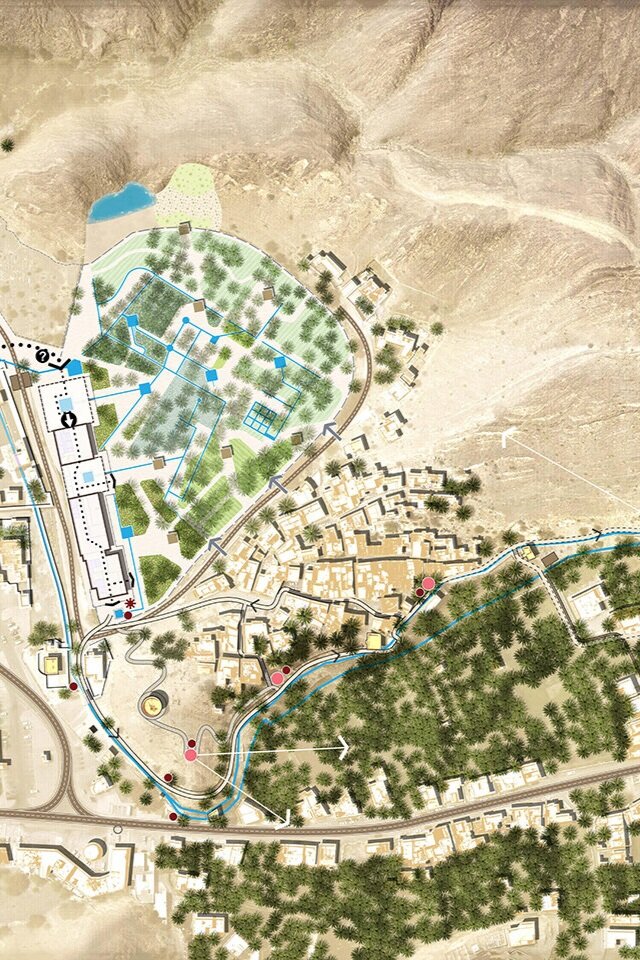Stonehenge WHS
World Heritage
We have a long history of supporting World Heritage Sites at all stages of their evolution and development, from earliest thinking about the nature of a nomination, through the nomination process itself and into long-term management of change within and around sites. This has given us clear insights into the actual benefits, challenges and opportunities afforded by WHS status.
We offer a range of services including:
Feasibility Studies for Candidate Sites
Port Sunlight
We have worked with a number of organisations to review the feasibility and potential benefits / issues associated with nominating places for World Heritage Status. Examples include work for:
Port Sunlight, England
Charles Rennie Mackintosh buildings, Scotland
Chatham Dockyard & Defences, England
Shakespeare’s Stratford, England
Chankillo Archaeological Park, Peru
English Lake District, England
Preparation of Nomination Dossiers
Singapore Botanic Gardens WHS
Rather uniquely for a private sector consultancy we have considerable experience of supporting the preparation of nomination dossiers for WH Sites, including:
Liverpool - Maritime Mercantile City WHS
Royal Botanic Gardens, Kew WHS
Singapore Botanic Gardens WHS
Darwin’s Landscape Laboratory
Wearmouth-Jarrow Monastic Sites (not yet nominated)
Chatham Dockyard & Defences (not yet nominated)
Management & Conservation Planning
Royal Botanic Gardens, Kew WHS
We have a strong track record in developing management and conservation plans that strike a sustainable balance between conservation, visitor experience and wider social-economic needs. Examples include:
Liverpool Maritime Mercantile City WHS Management Plan
Royal Botanic Gardens, Kew WHS Conservation Plan and Management Plans
Singapore Botanic Gardens WHS Management Plan
Aflaj Irrigations Systems of Oman WHS Management Plan
Stonehenge & Avebury WHS Management Plans
Giant’s Causeway WHS Management Plan
Tower of London WHS Management Plan
Durham Castle & Cathedral WHS Management Plan
Blaenavon Industrial Landscape WHS Management Plan
Archaeological Site of Cyrene, Libya WHS Management Plan
Jodrell Bank Observatory WHS Conservation Plan
Palace of Westminster, Westminster Abbey and St Margaret’s Church WHS Management Plan
Supporting & Managing Change in & around Sites
Durham Castle & Cathedral WHS
Change within and around WHSs is inevitable, what is critical is that that change supports the long-term conservation of a Site’s OUV and our ability to understand and appreciate the site. We have considerable experience in developing the policy frameworks and guiding development proposals within and around sites. This includes work relating to tall buildings.
Examples include:
Tall Buildings planning document for the Liverpool Maritime Mercantile City WHS
Setting study for the Royal Botanic Gardens, Kew WHS
Setting study for the candidate Wearmouth-Jarrow site
Commercial and educational development in the setting of the Durham Castle & Cathedral WHS
Landscape assessment and guidelines for the Lake District
New herbarium at the Royal Botanic Gardens, Kew WHS
Development analysis for housing allocations near Blenheim Palace WHS
Expert witness services challenging tall buildings around the Royal Botanic Gardens, Kew WHS
New visitor centre at Stonehenge WHS
Tourism & Visitor Experience Masterplanning
Aflaj, Oman WHS
Tourism, when correctly managed, can be an enabler for the conservation of a WHS and an economic and social support for local communities. We have developed a number of tourism and visitor experience masterplans and landscape designs for Sites all of which delivered bold, sensitive and commercially viable outcomes.
Examples include:
Stonehenge WHS
Mada'in Saleh WHS, KSA
Padua Botanic Gardens WHS
Heart of Neolithic Orkney WHS
Aflaj Irrigations Systems of Oman WHS
Maritime Greenwich WHS – Old Royal Naval College
Royal Botanic Gardens, Kew WHS
Edinburgh Castle WHS
Hadrian’s Wall WHS
Bru na Boinne WHS – Boyne Valley
Liverpool WHS – Waterfront Interreg Project











